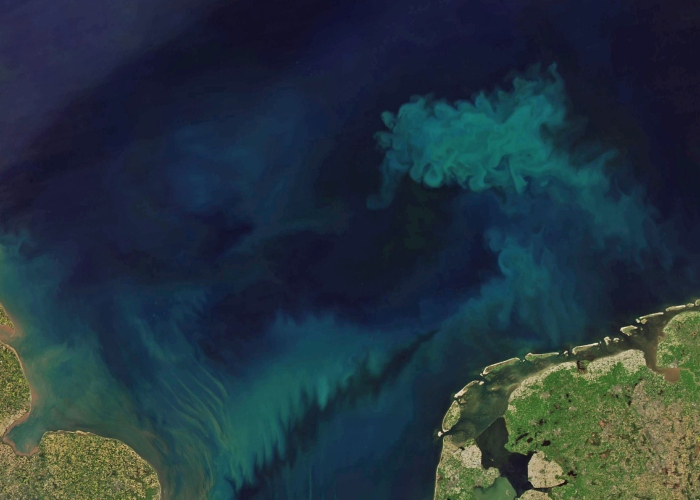A newly published study unveils a startling shift in the Earth’s ocean colors over the past twenty years, a phenomenon attributed to climate change primarily driven by human activities. The research reveals that this color transition has occurred in over 56% of our oceans, a region that exceeds the Earth’s total landmass.
The Oceans Color
The paper, titled ‘Global climate-change trends detected in indicators of ocean ecology’, made its appearance in the respected journal Nature earlier in July. The team behind the study comprises BB Cael and Stephanie Henson from the National Oceanography Centre in the UK, Kelsey Bisson of Oregon State University, Emmanuel Boss from the University of Maine, and Stephanie Dutkiewicz from the Massachusetts Institute of Technology in the US.

While the color alterations of the oceans might not immediately affect marine life, they signal an impending transformation in marine ecosystems. These changes could lead to a drastic imbalance in these systems in the future, posing a severe threat to marine biodiversity and humans who depend on these ecosystems. BB Cael, the study’s principal author, in a discussion with The Indian Express, underlined that these ecosystem shifts could have a considerable impact on their output. This could subsequently influence the ocean’s carbon sequestration capacity and the sustenance of fish populations crucial for fisheries.